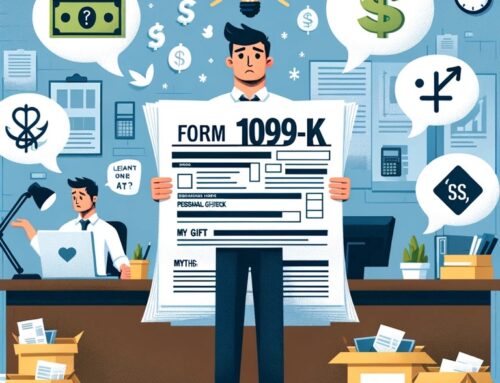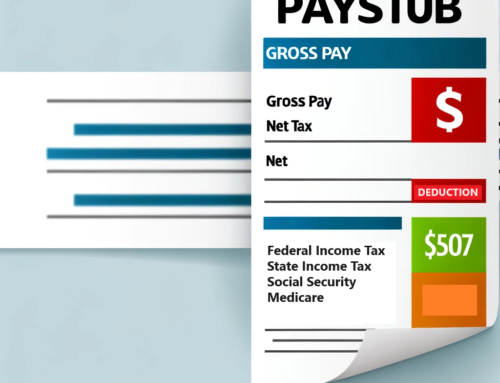January 15th 2024 is the last day to make an estimated tax payment for 2023.
With this deadline looming, it’s crucial for individuals and businesses to turn their attention to estimated tax payments. Understanding the implications can help you navigate this process more effectively and avoid potential penalties.
Who Needs to Pay Estimated Taxes? Estimated tax payments are a requirement for individuals who do not have taxes withheld from their income sources. This includes self-employed professionals, investors, retirees, and those with business or rental income. Estimated tax payments are a critical consideration for business owners and those with significant investment activities. According to IRS guidelines, if you fall into one of these categories, you may need to make these payments to avoid penalties.
Why Estimated Taxes are Important: Failing to make estimated tax payments can lead to penalties, even if you are due a refund when filing your tax return. It’s essential to understand your obligations and make payments timely.
Calculating and Paying Your Estimated Taxes: The process involves calculating your expected adjusted gross income, taxable income, taxes, deductions, and credits for the year. You can pay your estimated taxes online, by mail, or through various IRS-approved methods. For a detailed guide on how to calculate and pay your estimated taxes, check out our comprehensive post [here] (link to your instructional post).
Key Tax Updates from 2023: This year brought several significant tax law changes. Understanding these updates is crucial as they may impact your estimated tax calculations and payments.
Set a Reminder: Estimated tax payments are a vital part of your financial responsibilities. If you need personalized advice or assistance with your tax planning, don’t hesitate to reach out to us. For easy online payment instructions visit: 2023 Tax Payment Instructions
State Income Tax: Your state or local tax jurisdiction may also have payment requirements. Be sure to check with your tax professional about state specific estimated tax payment rules.
According to the IRS, “Taxes must be paid as you earn or receive income during the year, either through withholding or estimated tax payments. If the amount of income tax withheld from your salary or pension is not enough, or if you receive income such as interest, dividends, alimony, self-employment income, capital gains, prizes and awards, you may have to make estimated tax payments. If you are in business for yourself, you generally need to make estimated tax payments.
Estimated tax is used to pay not only income tax, but other taxes such as self-employment tax and alternative minimum tax. If you don’t pay enough tax through withholding and estimated tax payments, you may be charged a penalty. You also may be charged a penalty if your estimated tax payments are late, even if you are due a refund when you file your tax return. Estimated tax requirements are different for farmers, fishermen, and certain higher income taxpayers. Publication 505, Tax Withholding and Estimated Tax, provides more information about these special estimated tax rules.”
For more information, visit: https://www.irs.gov/publications/p505




